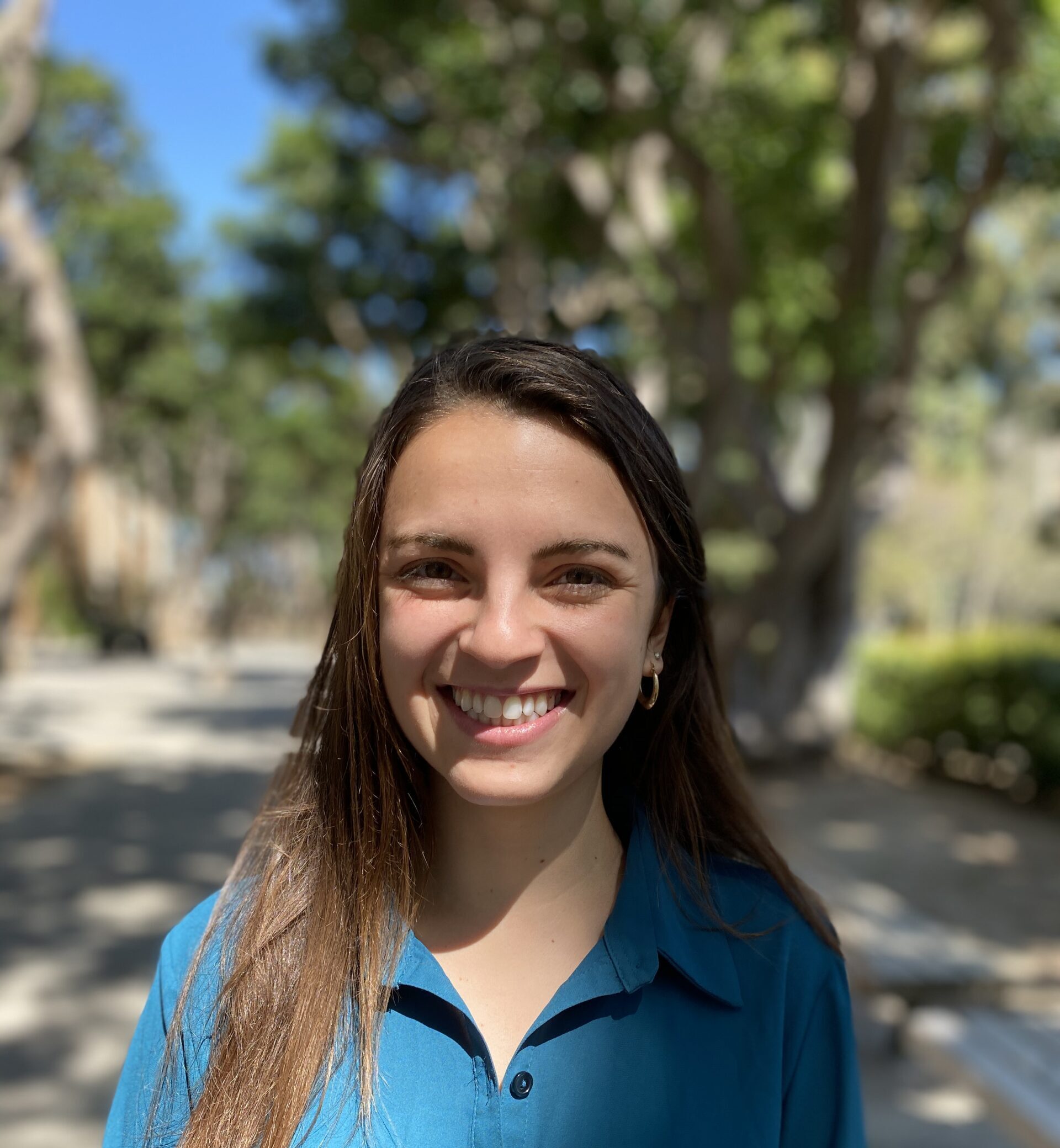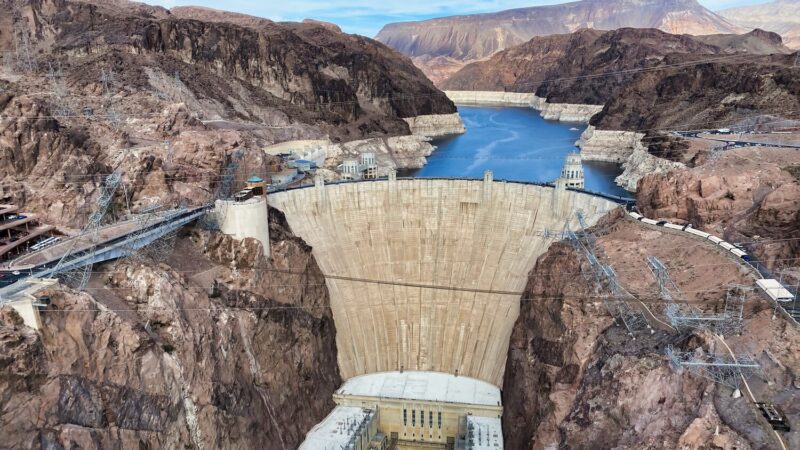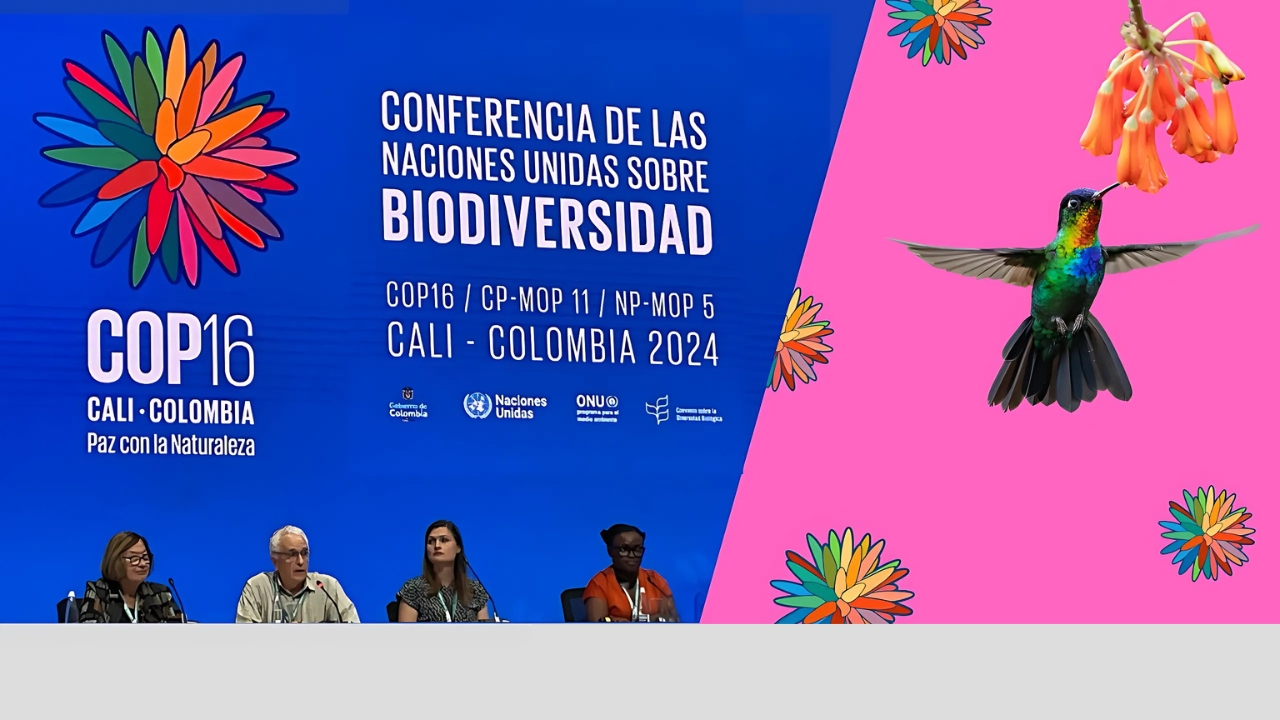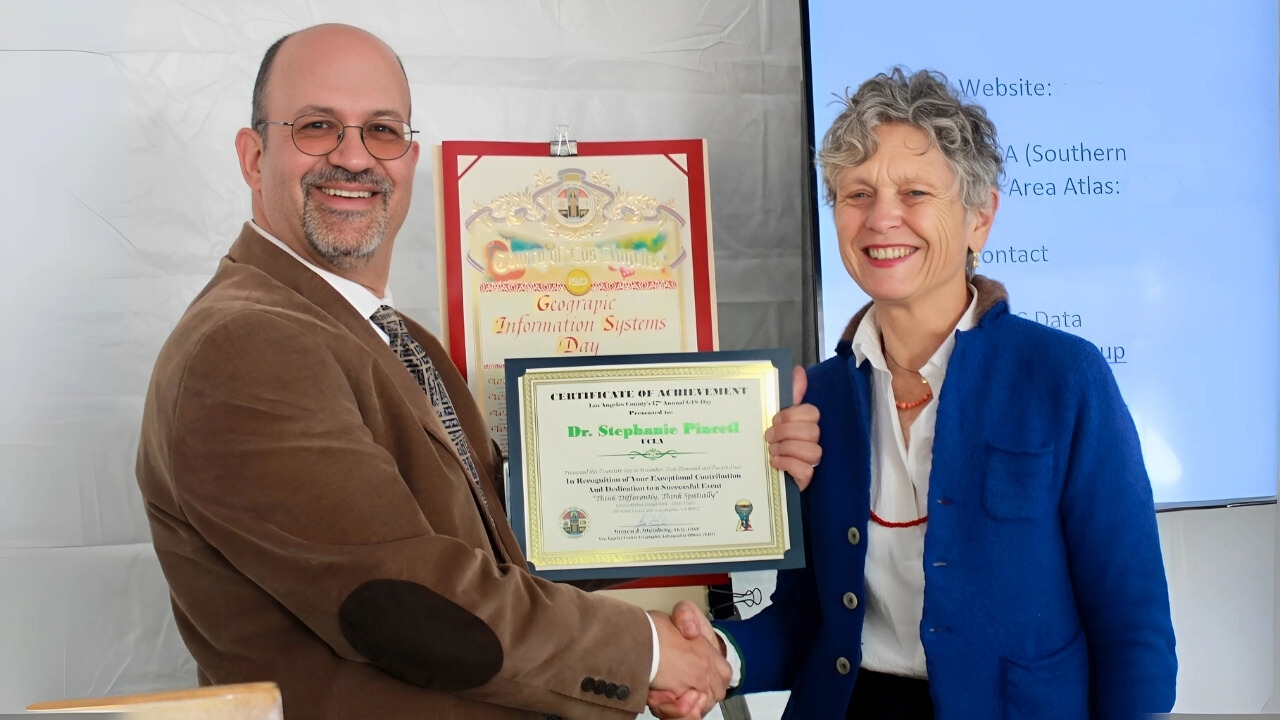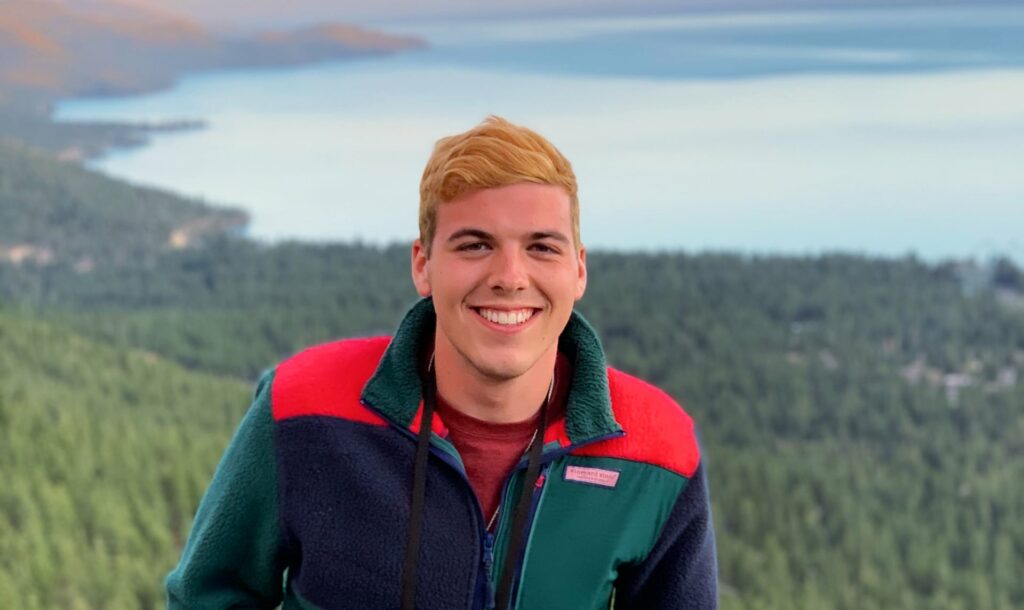
Jacob Phaneuf found his path at UCLA through a passion for genetics and environmental justice
Everyone was making small talk, trying to figure out what they had in common. Jacob told me he was a microbiology major from a tiny town in upstate New York…
I met Jacob Phaneuf during UCLA freshman orientation outside Diddy Reese, the landmark ice cream sandwich shop in Westwood.
Everyone was making small talk, trying to figure out what they had in common. Jacob told me he was a microbiology major from a tiny town in upstate New York who thought he would someday earn a Ph.D. in genetics research. He was passionate about medical research in the same way I was passionate about saving polar bears — so I was surprised to see him in the in the front row of my environmental policy class sophomore year.
Nearly four years and a pandemic later, he sits across from me at a coffee shop just a few blocks from where we first met, animatedly explaining how he’s going to buy the biggest whiteboard he can find. He needs to choose between his top two graduate programs by the end of the week and wants to make a pro/con list.
Jacob is one of 95 seniors who graduated with environmental science degrees from UCLA’s Institute of the Environment and Sustainability on June 13. The class of 2021 is the institute’s largest yet, reflecting the stakes of environmental crises such as climate change, along with a rapid increase in jobs for the field. It is the first graduating class to have spent its entire senior year away from campus, with the last four quarters completed remotely.
Jacob is a high academic performer and an ironman triathlete, but balancing that fast-paced life wasn’t always easy. If you asked him two years ago if he thought he’d be choosing between Ph.D. programs at Stanford and University of California, Santa Barbara, he would have laughed. He was struggling with severe anxiety — an experience shared by college students across the country trying to balance academics, extracurriculars and social life.
“I couldn’t stay up until 2 a.m. working on a paper and then wake up at 6am and go do the triathlon workouts,” Phaneuf said. “If I didn’t sleep for eight hours, I would be exhausted the next day, and I’d get even more overwhelmed.”
Jacob found help through UCLA’s Counseling and Psychological Services. Still, when COVID-19 hit and classes were moved online, Phaneuf said those first few months — though challenging in many ways — were a blessing in disguise. Back home, he was able to focus on himself for the first time since starting at UCLA.
“I’ve learned to say ‘no, I need to go to bed early tonight or just play video games and numb my mind.’ ” Jacob said. “I don’t have to be social every second that I’m not being academic.”
One of the biggest challenges for many college students is figuring out what they enjoy doing without trying so many things that they become completely overwhelmed. After his first year, Phaneuf realized the microbiology classes were filled with students with their sights set on medical school. An intensive physiology program in high school, where he spent three days a week shadowing doctors in a hospital, helped him rule out medical school before he even got to UCLA, so he began shopping around for other majors.
“I realized I didn’t want to evaluate patients, prescribe medication, or take x-rays,” Jacob said. “I want to do research that prevents people from needing to go to the doctor in the first place.”
He switched his major from microbiology to environmental science to take on one of the biggest public health problems of our time — how to deal with bacterial DNA that escapes into water and soil, where it becomes resistant to antibiotics and leads to the death of more than 35,000 in the U.S. each year. Jacob made the change after taking a cultural geography course that emphasized the link between environmental health and environmental justice. He learned how low-income neighborhoods and communities of color are more likely to be located close to a hazardous waste site than white or upper-class communities, and made it his ultimate career goal to do research that directly informs clean air and clean water policies.
The pieces all came together when he joined UCLA professor Jenny Jay’s lab his sophomore year, which gave him the perfect opportunity to merge his interest in environmental health, genetics and research. For the past three years, he has been a critical member of the lab’s Surfer Resistance Project, which investigates the effect of antibiotic resistant genes in the ocean and people. Every Wednesday at 6 a.m., Phaneuf collected nasal swabs from surfers coming out of the ocean and samples of ocean water to see if harmful DNA in the water was getting into the surfers’ noses.
“I thought it was so cool that I was going into the ocean and working with these surfers. All of a sudden I had DNA from the ocean or in their nose,” Jacob said. “Then I would go into the wet lab and extract the DNA from those samples and analyze it. I’m a very hands-on learner, and doing all of this felt very tangible.”
Students in the environmental science major take classes covering a huge range of material — including climate change, atmospheric and oceanic science, biological conservation, urban sustainability and environmental justice. This helps them figure out what they want to pursue in their post graduate careers. For Jacob, it’s researching biological pollutants, but others go on to become climate scientists, policy experts or conservation biologists.
“We’re a very passionate group. I will do what I can and continue to educate myself and be active in as many areas as I possibly can, but I do not have the time or the energy to do all of it. So it takes all of us.”
Published:
